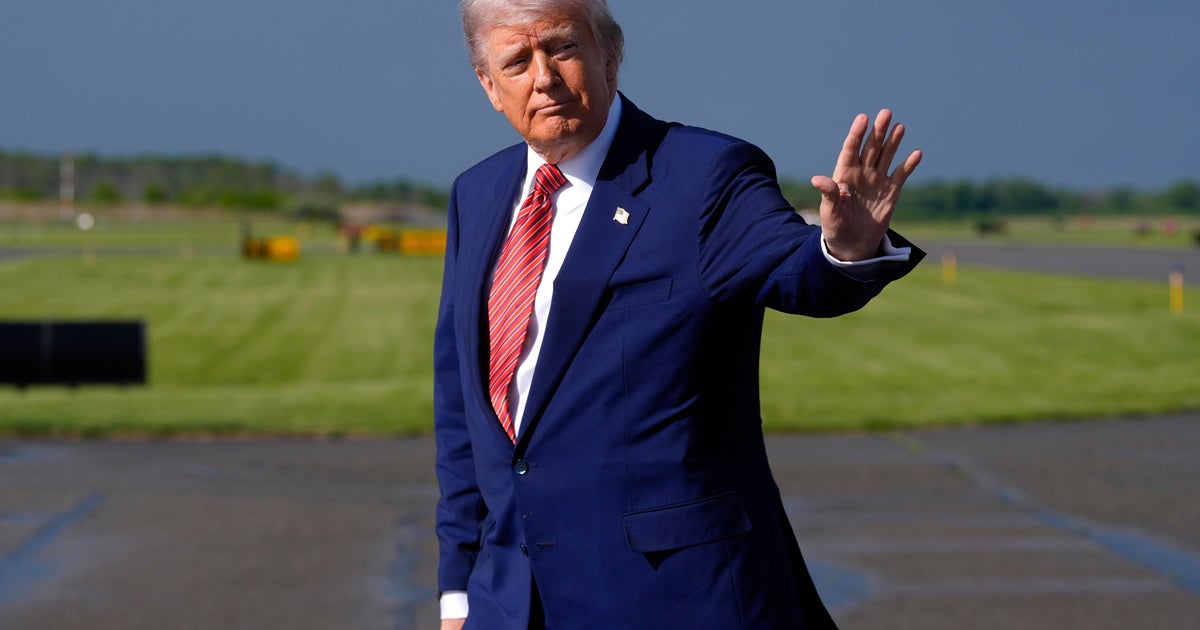
A federal judge ruled Friday that President Trump’s executive order targeting the law firm Jenner & Block is unconstitutional and permanently blocked the administration from enforcing it — a second setback in Mr. Trump’s push to punish certain law firms.
U.S. District Judge John Bates, who was appointed by President George W. Bush and is based in Washington, D.C., said the executive order is “violative of the Constitution” and found that the order infringes on the First, Fifth and Sixth amendments.
“This order, like the others, seeks to chill legal representation the administration doesn’t like, thereby insulating the Executive Branch from the judicial check fundamental to the separation of powers. It thus violates the Constitution and the Court will enjoin its operation in full,” Bates wrote.
Bates continued that parts of the order resemble “something of a screed airing the President’s grievances with Jenner” and display a “great deal of animosity” towards the firm.
Earlier this month, another judge who sits on the U.S. district court in Washington, D.C., also made a summary ruling against the administration’s executive order against Perkins Coie, another firm that sued after it was targeted. Some other law firms have struck deals with the Trump administration to avoid punishment from the federal government.
In March, Mr. Trump issued an executive order that targeted the Chicago-based firm Jenner & Block, which has been active in legal challenges against his wide-ranging swath of executive orders.
In a statement posted online, Jenner & Block said that the firm was “pleased with the court’s decision to decisively strike down an unconstitutional attack on our clients’ right to have zealous, independent counsel and our firm’s right to represent our clients fully and without compromise.”
The Justice Department and White House did not immediately respond to requests for comment.
The executive order against Jenner & Block instructed officials to review and revoke firm members’ security clearances, identify any goods, property, material and services provided by the federal government and stop providing them, terminate any government contracts that may exist with the law firm, and not hire any employees of the firm for any future federal jobs.
It specifically singled out Andrew Weissmann, who worked on Robert Mueller’s investigation into Russian interference in the 2016 election and worked at the firm until 2021.
The executive order, Bates wrote, “makes no bones about why it chose its target: it picked Jenner because of the causes Jenner champions, the clients Jenner represents, and a lawyer Jenner once employed.”
Bates previously issued a temporary restraining order blocking the executive order’s implementation. Following Bates’ earlier decision, Attorney General Pam Bondi criticized him in a court filing after Bates said that the Justice Department was required to inform him of the steps it had taken to comply with findings.
In a memo from Bondi to all department and agency heads, which was included in the filing, the attorney general informed them of the injunction against provisions of Mr. Trump’s order and said Bates had “mandated” she “personally send” the notification.
“On March 28, 2025, an unelected district court yet again invaded the policy-making and free speech prerogatives of the executive branch, including by requiring the Attorney General and the OMB Director to pen a letter to the head of every executive department and agency,” Bondi wrote. “Local district judges lack this authority, and the Supreme Court should swiftly constrain these judges’ blatant overstepping of the judicial power.”
She went on to attack Jenner & Block as purportedly “committed to the weaponization of justice, discrimination on the basis of race, radical gender ideology and other anti-American pursuits.”
